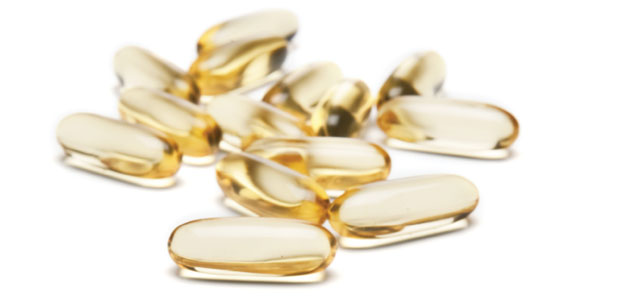Advertisement
Probiotics and Omega-3s
A perfect marriage

Omega-3 fatty acids and probiotics are two of the most commonly consumed natural health products. Both have been shown to improve a variety of health conditions. Much like omega-3 fatty acids, probiotics have been used therapeutically to support immunity and to address everything from cholesterol levels to skin problems.
Best known as heart-protective agents, omega-3 fatty acids have been used with therapeutic success for many health conditions. With the realization that many chronic medical conditions are rooted in low-grade inflammation, and given the ability of omega-3 fatty acids to keep low-grade inflammation in check, they can positively influence a broad range of medical conditions from acne to obesity.
Similar benefits
A similar story is emerging for probiotics, live micro-organisms which confer a benefit to the host. Best known for regulating bowel function, probiotics and Bifidobacteria in particular maintain the integrity of the inner lining of the gastrointestinal wall, allowing it to prevent widespread inflammation and oxidative stress.
Loss of Bifidobacteria through stress, aging, environmental chemicals, medications, overexertion, or a sedentary lifestyle can diminish the barrier function of the intestinal lining. Once that happens, undesirable material can gain access through the gut wall into the systemic circulation, setting off a cascade of low-grade inflammation and oxidative stress.
This intestinal permeability or “leaky gut” is not as uncommon as once thought. It has been linked to conditions including acne, obesity, depression, and type 2 diabetes.
Dynamic relationship
A synergy exists between omega-3 fatty acids and probiotics. Eicosapentaenoic acid (EPA) found in fish oil has been shown to increase the adhesion (stickiness) of probiotics to intestinal cells by 12 percent and boost Bifodobacteria levels in mice.
Probiotics can enhance the absorption of omega-3 and increase body-wide omega-3 tissue levels. They can even increase brain EPA and DHA levels, as revealed in further animal studies. This exciting research means that taking omega-3s and probiotics together could maximize the health benefits of each supplement.
Stability issues arose, however, surrounding the encapsulation of probiotics in fish oil. Even the tiniest amount of moisture can compromise the viability of probiotic bacteria when combined with fish oil.
Fortunately, a recent technological advance in encapsulation has allowed fish oil and a strain of Bifidobacteria to be combined in capsule form. Given the popularity and complementary benefits of both supplements, this advance in encapsulation technology provides a significant advance in consumer convenience.





